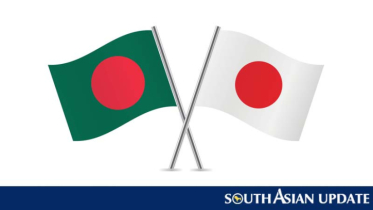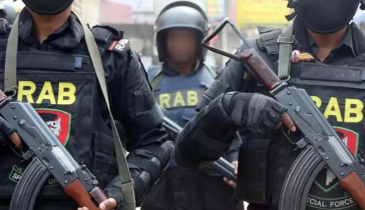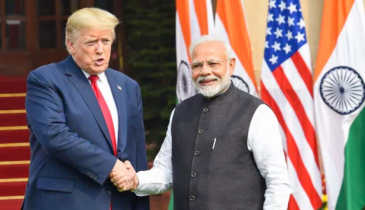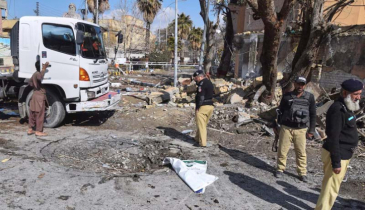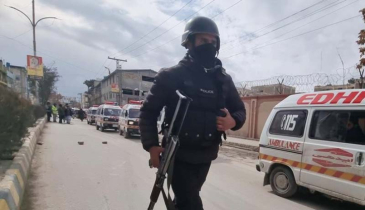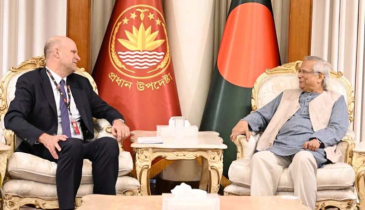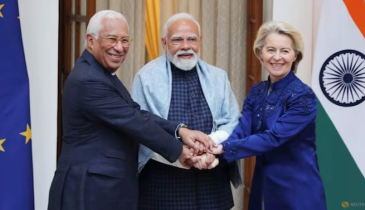Deadly border clashes between Afghanistan and Pakistan kill dozens
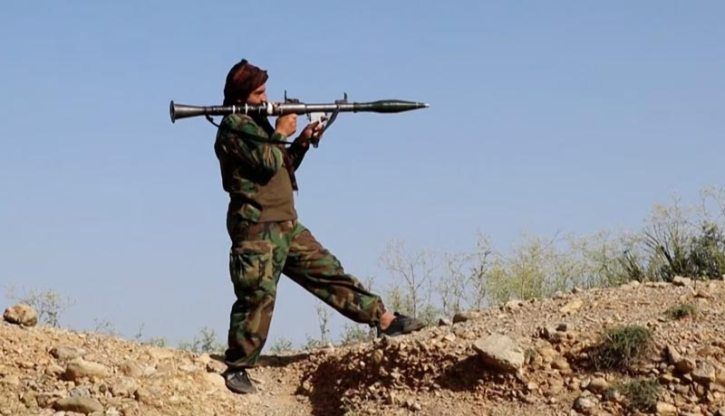
Afghanistan and Pakistan said on Oct. 12 they killed dozens of each other's troops during a night of heavy border clashes between the two countries.
The clashes, which erupted on the night of October 11, mark one of the bloodiest cross-border confrontations since the Taliban returned to power in 2021. Fighting reportedly lasted for several hours, involving both artillery and heavy weapons fire near key frontier posts along the Durand Line — a volatile boundary that has long been a flashpoint for violence and diplomatic rifts.
Afghanistan’s Taliban government said its forces launched the overnight assault “in retaliation for Pakistani airstrikes” carried out earlier in the week, which Kabul claims struck targets inside Afghan territory on October 9. The Taliban’s Ministry of Defense accused Pakistan of violating Afghan sovereignty and warned that any future incursions would be met with force.
Islamabad has not confirmed responsibility for the air raids but maintains that it reserves the right to act against militant groups operating from Afghan soil, particularly the Tehrik-i-Taliban Pakistan (TTP) — an outlawed organization responsible for a wave of deadly attacks inside Pakistan. Pakistani officials have long accused the Taliban government of sheltering TTP militants and turning a blind eye to their cross-border operations.
In statements released Saturday, Taliban spokesman Zabihullah Mujahid claimed that 58 Pakistani soldiers were killed and about 30 wounded during the clashes, while nine Taliban fighters lost their lives. The Pakistani military, however, disputed those numbers, saying 23 of its soldiers were killed while “over 200 Afghan and affiliated fighters” died in retaliatory strikes.
Independent verification of casualty figures remains impossible, as journalists and international observers have limited access to the conflict zone. However, residents near the Torkham and Spin Boldak crossings reported overnight explosions and gunfire, with both sides reportedly deploying additional troops to the area on Saturday morning.
Speaking during a visit to India, Afghan Foreign Minister Amir Khan Muttaqi said on October 12 that “the situation is now under control,” adding that “our operation last night achieved its objectives.” He also credited mediation efforts by Qatar and Saudi Arabia, saying both countries urged restraint to prevent a wider regional escalation.
The recent violence underscores the fragile nature of Afghan–Pakistani relations, which have sharply deteriorated since the Taliban’s return to power. Despite earlier promises of cooperation on border management and counterterrorism, both sides have repeatedly exchanged fire across the 2,600-kilometer frontier in recent months.
Analysts warn that the latest flare-up could trigger a broader confrontation if diplomatic channels fail. Pakistan has faced a surge in militant attacks this year, many claimed by the TTP, while the Taliban government in Kabul continues to accuse Islamabad of violating Afghan airspace and targeting its forces.
.png)


